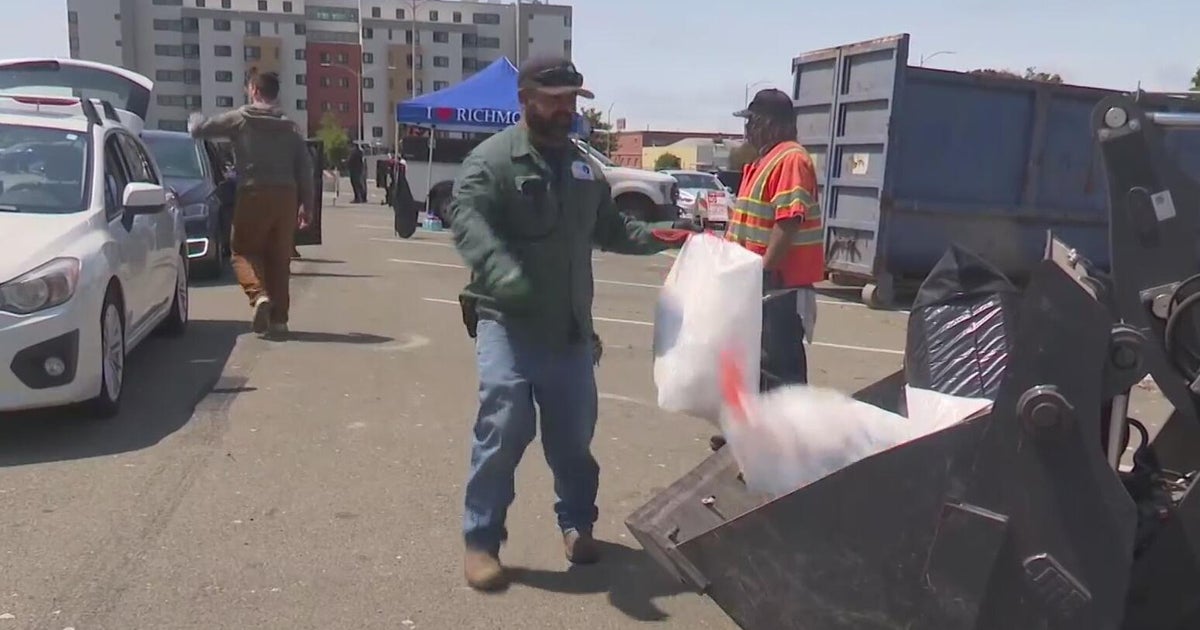North Bay Voters To Decide Whether To Extend SMART Train Tax With Measure I
PETALUMA (KPIX 5) -- The biggest item on the ballot in the North Bay this March is the region's new rail system. SMART is asking for a 30-year sales tax extension. The system's critics are, once again, skeptical.
"You know, I think it's important to recognize that we're just getting started," says Eric Lucan, Chairman of the SMART Board of Directors. "We've only been carrying passengers for a little over two years. We're seeing great growth and we're seeing good success."
After plenty of growing pains, SMART is now mostly complete. Ridership is up 25% from last year and commute hour trains are largely full. The agency says Measure I will keep that momentum rolling.
"It's a simple quarter-cent sales tax that residents in Marin and Sonoma County are already paying," Lucan says.
SMART's opponents are not so optimistic.
"I think they should go on a diet," says Rich Harkness of Sonoma County. "They should run the thing as best they can. We just need to figure out if it makes sense to keep the thing going."
Harkness has a PhD in urban transportation. He does not think SMART helps traffic or the environment, and he opposes Measure I.
"They're talking about $1.2 billion," he says. "What are we getting out of it?"
SMART says Measure I is largely about accounting for bond revenue lost during the recession. They say a 30-year extension of the sales tax will let them restructure their debt while securing more state and federal funding.
"So this measure, this renewal, at no additional cost to the taxpayer makes us more competitive to continue to pursue these grants," Lucan explains.
It is, however, 30 years of additional cost.
"It extends the life," Lucan acknowledges. "But when you look at, once again, every transit system in the world has some sort of revenue stream. There was never an understanding that after 20 years this was just going to end. This is how we pay for this system."
Harkness says the degree of subsidy is the problem.
"I, and other people, have calculated that it takes a public subsidy of about $100 for each round trip this thing," Harkness says.
For many voters, Measure I will have a lot to do with their perception and expectations for SMART.
What will opponents gain if they can stop the tax?
"What it is going to do is give us more time to reevaluate their performance," Harkness says.
"What happens to SMART is Measure I loses?
"If we lose the board is going to be faced with some really difficult decisions," Lucan says. "We might have to cut services, cut certain trips, and then go back out to the voters having just made those cuts."



